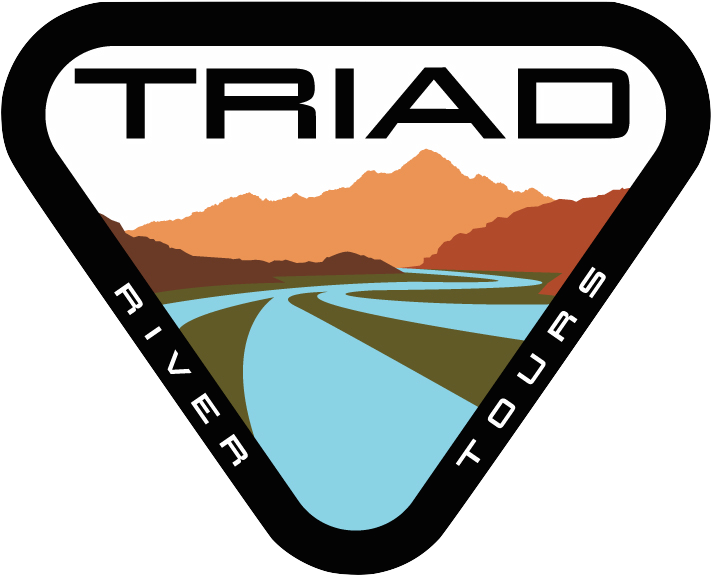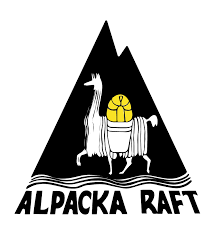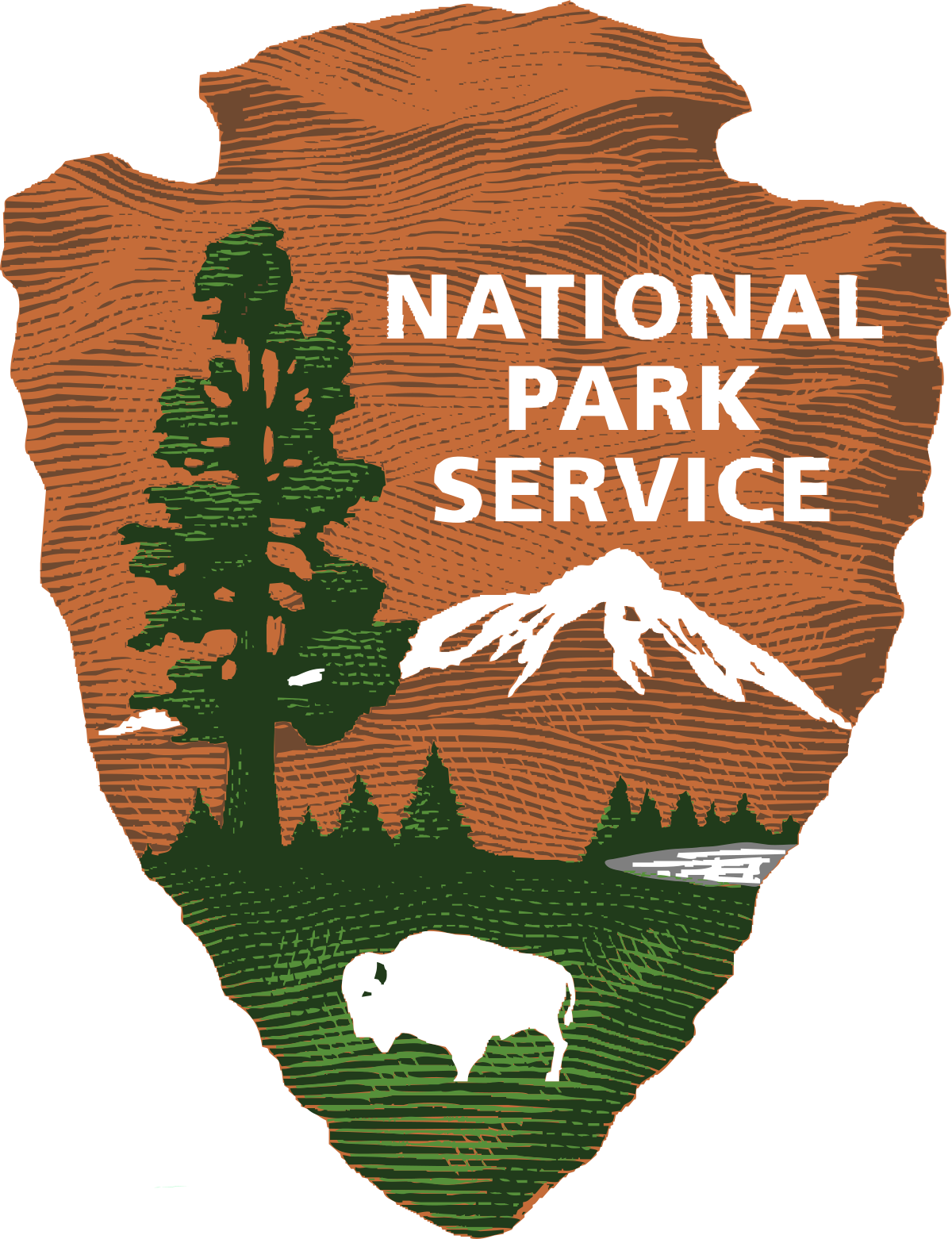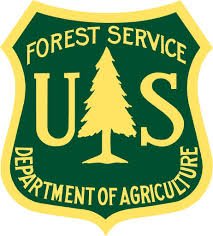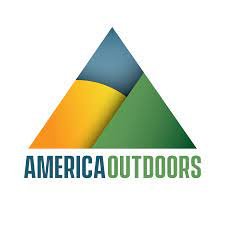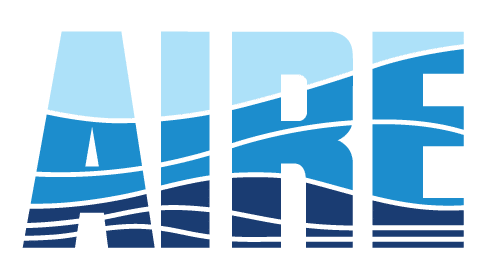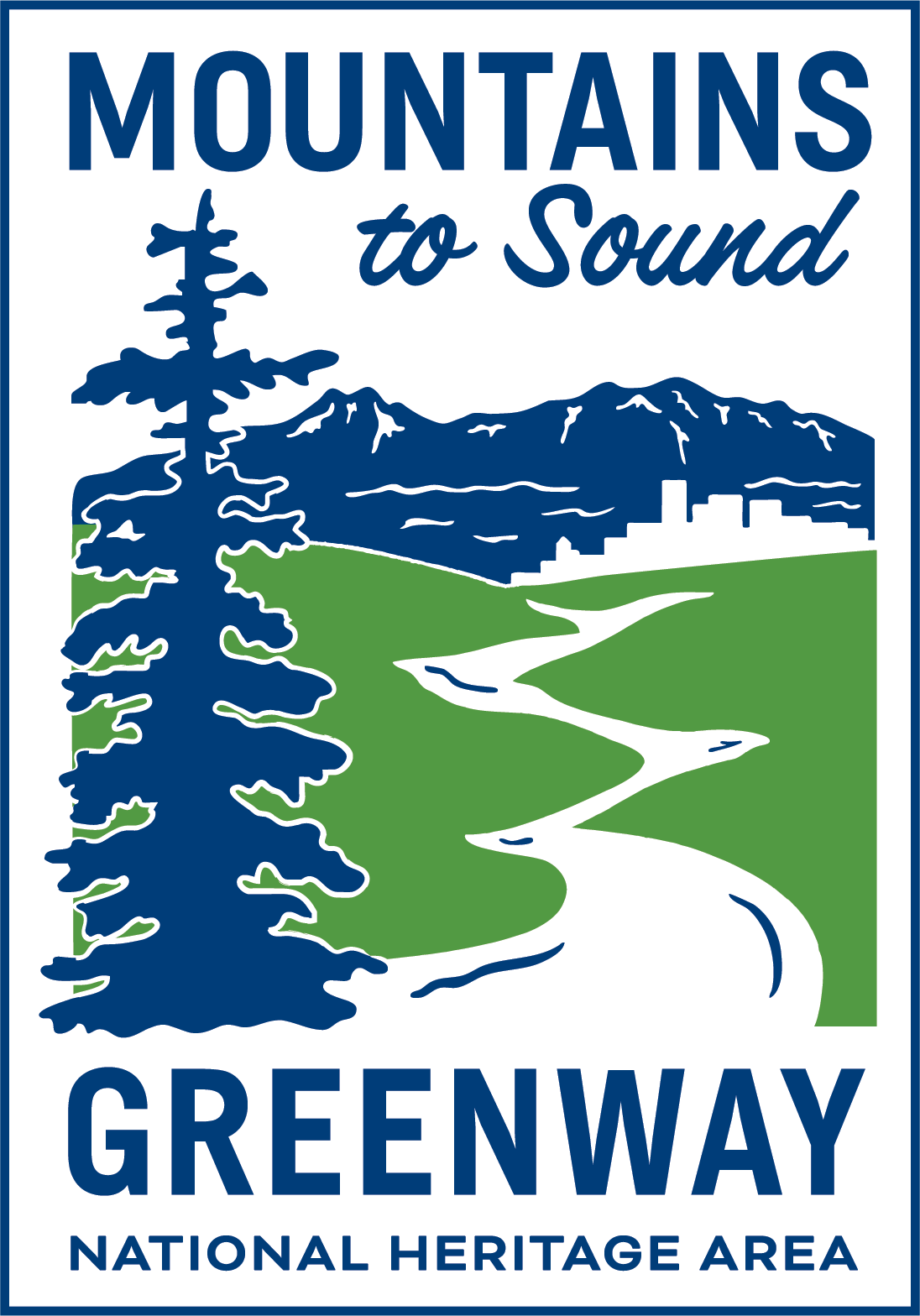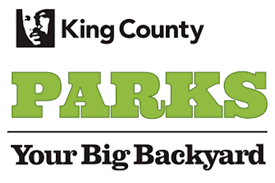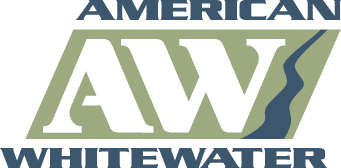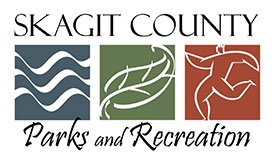4. Payroll Information
4.1 Tiered Pay Scale
Note: detailed explanation of tiers and employee expectations can be found in the company handbook which you will be given if you're hired by Triad. The information listed here is a brief overview.
Triad pays on a 5 tier wage system paid per trip. Because Washington State requires that all wages are broken down hourly, that is what is presented here. Note that we have very specific regulations regarding how our employees are signed on to trips and how days off are administered. In general, our company believes that all guides have the right to confirm or deny their place on a trip at the time of the trip being offered to them; although we expect our guides to confirm trips at the time of requesting, they have the ultimate right of refusal at this time. Once a guide is confirmed they must run that trip. Conversely, we will not hire you for the day or require you to be available without giving you paid work (this means no morning guide calls for veteran guides who show up and do shop work and then go home unpaid if there are no trips for you). Our reservation and cancellation policies are rigid so that the guides have a reliable scheduling system and thus a dependable wage through their season. Triad understands completely that more experienced guides with a more consistent schedule means better trips, and our scheduling and compensation systems are designed for this purpose.
Triad trips are on average 4 hours apart from each other (if they go over that you'll be paid at the listed hourly rates). There is no food on our day trips so you do not need to factor in any prep, meal times, or sandwich making, etc. Our system is very streamlined, lean, and efficient; it is most likely very different from what you have experienced at other companies, so when you do the math on your wages make sure to take this into account. Triad consistently has tier 2-4 guides making well over $1000 per week gross in the middle of the season. Our system is designed to run 3 trips per day; this efficiency of operations allows you 3 opportunities to make a great wage and earn a tip. You can expect a 12 hour work day if you run 3 trips; these can be long and tiring, which is why it’s critical that you prepare yourself well by studying, training, taking care of your body, and perhaps most importantly, working together and communicating effectively with your team. Triad’s system is very rough on guides that have lived the “float and bloat” lifestyle where they stay up late at night partying prior to your trip; this lifestyle simply will not work at Triad. We have a deeply rooted philosophy that outfitters should put their best effort towards getting as much work as possible for guides. By working fewer guides more often; we cut down on expenses, environmental impact/carbon footprint, and create a staff that is more effective in working together in life threatening situations due to their familiarity with each other and the system. All our guides are expected to work hard; they can take whatever days off they want. On those days off, it’s definitely wise to rest and/or enjoy yourself, but when it’s time to work; this is work.
While none of the following credentials are required to work at Triad River Tours, you will be paid more, and will be eligible to work more difficult and dangerous rivers if you have the following qualifications:
Class 5 whitewater experience (AW standard rating) -and/or- 1500 miles of commercially navigated whitewater Class 3 or higher (AW standard rating) working as a professional guide.
Professional Safety Kayaking ability in Class 5 Whitewater
Advanced Medical training (WFA, WFR, EMT)
SRT-1 certificate (preferably from Swiftwater Safety Institute)
Commercial Drivers License (Class B CDL)
This current pay-scale system correlates roughly to the following hourly wage rates (note that most trips are 4 hours long & most days are 1-3 trips per day, with 3 trips days likely on weekends and 1-2 trip days on weekdays):
2022 Pay Scale (for reference)
Tier 1/entry level employee: $16/hr. Entry level guide with state minimum requirements. 50 hour WA guide certification and First Aid/CPR card required to guide at entry level
Tier 1.5/qualified rookie: $19/hr. Rookies that have SRT-1 and any advanced medical training WFA/WFR/EMT (if you need help attaining these qualifications Triad can help via our training program). Guides that opt to pay for their own SRT-1 (or previously have that certification) are compensated at a higher rate than guides who participate in our internship program (company pays for SRT-1 and guide training certification).
Tier 2/veteran: $22/hr. Note: at least 2 of the above qualifications required. Minimum 2 years guiding.
Tier 3/industry pro: $25/hr. Note: At least 3 of the above qualifications required. Minimum 4 years guiding.
Tier 4/trip leader: $28/hr. Note: At least 4 of the above qualifications required. Additional discretionary bonuses as agreed. Minimum 4 years guiding and one full year with Triad.
Tier 5/river manager: $32/hr. Note: River Manager (additional discretionary bonuses as agreed). Minimum 4 years guiding.
2023 Pay Scale
Tier 1/entry level employee: $18/hr. Entry level guide with state minimum requirements. 50 hour WA guide certification and First Aid/CPR card required to guide at entry level
Tier 1.5/qualified rookie: . $21/hr. Rookies that have swiftwater rescue training (PRO-1 provided to committed guides) and any advanced medical training WFA/WFR/EMT (if you need help attaining these qualifications Triad can help via our training program). Most rookie guides start at this wage after completing guide training and passing evaluations showing improvement in skills and competency after 10 commercial trips.
Tier 2/veteran: $24/hr. At least 2 of the above qualifications required. Standard minimum 2 years guiding. This is the starting wage for incoming veteran guides, who are given an evaluation after 2 weeks or 10 commercially guided trips, prior to being moved to tier 3. That is to say if you are a vet you will be at this tier during your 2 week evaluation period. First year (“rookie”) guides who show high levels of competency and development reach this pay tier during their first season.
Tier 3/industry pro: $28/hr. At least 3 of the above qualifications required. Standard minimum 4 years guiding. This wage tier is common for industry professionals that are in their first year at Triad. It is rare but not impossible for a first year guide to reach this pay tier through exceptional work. This pay tier is the most common paid to guides at our company.
Tier 4/trip leader: $32/hr. At least 4 of the above qualifications required. Additional discretionary bonuses as agreed. Minimum 4 years guiding and one full year with Triad. The majority of our returning senior guides are at this pay tier.
Tier 5/river manager: $38/hr. River Manager (additional discretionary bonuses as agreed). Minimum 4 years guiding. Guides at this tier typically are responsible for all aspects of river trips, and are fully committed to Triad River Tours.
Note: We pay fuel expense for any traveling that is done in a personal vehicle in service to Triad River Tours (as agreed to by management). These wages do not include tips, housing, or other fringe benefits of the position (only what we pay you).
Note: Trips are often paid at a standard/minimum of 4 hours each. There is a maximum of 3 trips per day. The average number of trips per day worked over the course of the summer is 1.7 trips per day; this means that most guides tend to work almost 2 trips per day on average.
Note: Guides are encouraged to work 4 days per week. Guides are allowed to work 2 trips per day on busy days, or 3 trips per day, typically there is a “morning shift” where guides work the morning (9am), mid-day (1pm) trip and are off work by 5pm, -or- they work the “evening shift” and work the mid-day (1pm) and afternoon (5pm) trips, and are off work by 9pm. Guides may choose to work all 3 trips in a day. Notably, if a guide works 2 busy 3 trip days, they will work 24 hours in just those two days; this is a good way to maximize earnings within a shorter amount of time, and give yourself 3 days off during the summer, while also making a great wage. We advise that guides who are physically capable of the rigors of working 3 trips days take a look at this setup.
Note: We pay fuel expense for any traveling that is done in a personal vehicle in service to Triad River Tours (as agreed to by management). These wages do not include tips, housing, or other fringe benefits of the position (only what we pay you).
Note: Trips are paid at a standard/minimum of 4 hours each. There is a maximum of 3 trips per day. The average number of trips per day worked over the course of the summer is 1.7 trips per day; this means that most guides tend to work almost 2 trips per day on average.
Note: Guides are encouraged to work 4 days per week. Guides are allowed to work 2 trips per day on busy days, or 3 trips per day, typically there is a “morning shift” where guides work the morning (9am), mid-day (1pm) trip and are off work by 5pm, -or- they work the “evening shift” and work the mid-day (1pm) and afternoon (5pm) trips, and are off work by 9pm. Guides may choose to work all 3 trips in a day. Notably, if a guide works 2 busy 3 trip days, they will work 24 hours in just those two days; this is a good way to maximize earnings within a shorter amount of time, and give yourself 3 days off during the summer, while also making a great wage. We advise that guides who are physically capable of the rigors of working 3 trips days take a look at this setup.
Note: Typical number of trips (during main season) per week for full time guides are as follows (aggregate average over the past 5 years):
May: 5
June: 10
July: 13
August: 11
Triad River Tours has never struggled to keep their guides staff working full time during the rafting season. We are always busy enough to give our guides as much work as they want or don’t want.
Most guides that choose to work as much as possible work 12-15 trips per week during the busy season. This is very demanding physically and mentally. If we see guides taking this much work and struggling, our management reserves the right to take any guide off the river.
Note regarding overtime: We always pay overtime beyond 40 hours per week as is required by law. As an example, if a tier 3 guide making $25/hour ($100/trip) works 10 trips per week they are making $1000/week; each additional trip worked that week (Mon-Sun) is paid at 1.5x wages, so in this case $37.50/hour, or $150/trip. If a guide works 15 trips per week at tier 3 wage (the highest number of trips possible in our system) the total gross wages for that week would be $1750.
While we do not want our guides working overtime, we understand that living the seasonal lifestyle may require financial planning that includes getting in as much work as possible during the busy season. We will work with you to include overtime as part of your wage structure, in this case.
Average Gross Weekly Income before tips (consider an additional 20-50% of gross wages for tips) per tier at full time (40 hours/10 trips per week):
Tier 1 : $640/wk + tips
Tier 1.5: $760/wk + tips
Tier 2: $880/wk + tips
Tier 3: $1000/wk + tips
Tier 4: $1120/wk + tips
Tier 5: $1280/wk + tips
Discretionary Certification Based Bonus Structure
The following bonus structure is for additional certifications a guide holds in addition to those required by their current respective pay tier. Add the following amounts to the above tiers and then you have your per trip wage.
Notes: If your tier requires the certification there is no additional bonus (the bonus is built into the additional hourly wage inherent in the tier).
Your certifications must be current and must be either uploaded to our company database/communication software or emailed prior to the beginning of the pay period in order to receive the bonus.
Wage Example: Base wage is $16/hour, trips are paid at 4 hours thus $64/trip; add bonus per trip: SSI SRT-1, CDL, WFR=total of $18 per trip. Total wage is $20.50/hour, or $82 per trip.
Certification Bonus Notes/Requirements
SRT-1 from Swiftwater Safety Institute: $1/hour ($4 per trip)
SRT-1 non SSI: $.50/hour ($2 per trip)
SRT-2 (or advanced re-cert) from Swiftwater Safety Institute: $1.50/hour ($6 per trip)
Wilderness First Aid/WFA: $.50/hour ($2 per trip) (note that you may only get one medical cert. bonus)
Wilderness First Responder/WFR: $1/hour ($4 per trip)
Emergency Medical Technician/EMT: $1.50/hour ($6 per trip)
Class B Commercial Drivers License/CDL: $1.50/hour ($6 per trip- added at all tiers)
Class 5 Kayaker $1/hour ($4 per trip) (World Class Kayak Academy grad or similar skill set; i.e solid Class 5 boating skills as determined by our staff) Note: You must have all of your kayak gear prepared and be willing at any time to run a solo protocol run in order to receive this bonus. Each employee is categorized as either exempt or non-exempt. Ask your supervisor if you are not certain of your classification. In addition, each employee is classified as either a full-time or part-time employee.
A full-time employee is defined as a common law employee employed in a category designated by management and scheduled to work at least 35 hours per week, or 1,820 hours per year. Full-time classification does not include part-time, temporary or occasional employees.
A part-time employee is defined as a common law employee employed in a category designated by management and scheduled to work less than 35 hours per week, normally averaging 18-25 hours per week. Part-time classification does not include full- time, temporary or occasional employees.
4.2 Payroll System
We currently use Quickbooks Time.
4.3 Payroll Deductions
Certain deductions are required by law to be taken from everyone’s pay while others are employee authorized. Deductions required by law include federal withholding tax, social security and Medicare contributions, and in most states, state withholding tax.
Deductions from pay also will be made in accordance with any legally binding order or garnishment. Employees also may voluntarily elect to make certain deductions from pay for certain employee benefits offered from time to time by Triad River Tours.
Employee authorized deductions are those which may include premium payments for benefits.
4.4 Performance Reviews
Your performance is reviewed in writing by your supervisor at least annually. It may also be reviewed at any time at your supervisor’s discretion or upon your request. The reviews are designed to provide an opportunity to discuss your position, review performance, and set goals and objectives for future performance. Any adjustments to compensation are made based on a number of considerations, including performance. Generally, your compensation is reviewed in conjunction with your annual review. More frequent evaluations do not include a review of, or adjustments to, compensation.
4.5 Compensation Guidelines & Qualifications Checklist
Qualifications & Skills Checklist
(assists in moving up from tier 1-2, and required for pay tiers 3-4)
SRT-1/Swiftwater Rescue Training: Triad River Tours offers SRT-1 swiftwater rescue training in partnership with Swiftwater Safety Institute. This 3 day course takes place on the Skykomish and/or Snoqualmie Rivers (depending on river conditions), and provides graduates of the course with a 3 year certification. The non-exclusive course is 24 hours of coursework in total (most hours will count towards your 50 hour guide certification), and is mandatory for all current and hopeful guides of Triad River Tours. This SRT-1 course is specifically designed for river runners and is highly recommended for all river rafting and river guiding professionals. Attendees with varying levels of experience are welcome to attend. All Triad River Tours operations procedures, risk management protocols, and standards of safety are based on what you will learn in the SRT-1 curriculum. Each year we select our guide trainees from the SRT school and put a great deal of emphasis on swiftwater rescue skills in our guide training program. If you would like to attend our upcoming SRT-1 course, please make your reservation as early as possible to ensure your spot. Details for the content of this course can be found here. We like to see our potential rookie guides sign up for and pay for their SRT-1 training. This training usually takes place early in the year, during April. College students often will need to take one day (Friday) out of classes in order to attend. This training usually runs $300-350 in total. When we have a chance to see a guide applicant in action and work with the rest of us in a neutral setting which is demanding in a similar way to our duties as guides, we have a better idea of how and if they will fit in with our program.
WFA/Wilderness First Aid/EMT: After an SRT-1 training the next step is to make sure you have the proper First Aid capabilities. Even if you're on the river as a trainee, someone can always go underwater for too long, break an arm, or need to be evacuated. We really like the Wilderness First Aid course provided by Remote Medical International (click here to explore that course). These courses are often taught at Western Washington University in Bellingham as well as various locations in the Seattle area, and run about $200. The curriculum is up to date and extremely applicable to what we do. The Wilderness First Responder is a longer course which will give you the skills to deal with life threatening emergencies on multi-day trips, specifically in locations where you will be far away from Emergency Medical Services. The WFR is definitely a great course, but if you don't have time for it, the WFA is also a great course and is acceptable for our guides. EMTs are eligible for promotion opportunities and tier advancements by default over guides with less comprehensive medical training; they are also compensated for additional responsibilities related specifically to their skill set and are handled on a case by case basis (example: they are paid to monitor first aid kits and oversee any accident reports).
